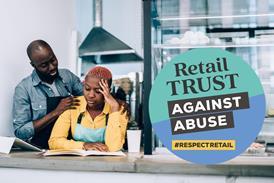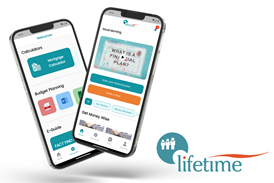- Home
- Your services
- Your health and wellbeing
- Emotional support
- Physical wellbeing
- Career development
- Financial health
- For managers
How to stop using abuse in your relationship
Exclusive content from the Retail Trust

It can be very difficult for someone to accept that their behaviour is causing another person harm, but you can’t change what you don’tacknowledge. Find out about the help that is available.
Please sign in or register to continue to view your health and wellbeing content.
If you wish to access further support please call our freephone helpline on 0808 801 0808 and speak to one of our advisors.
All of your personal information is completely confidential and is not shared with anyone, including your employer.
- Newsletter sign-up
- Privacy notice
- Terms and conditions
- Cookies policy
- Contact us
- © 2026 Retail Trust
Retail Trust is a registered charity in England and Wales (1090136) and in Scotland (SC039684). Company No 4254201 (Company limited by Guarantee) Registered England & Wales. Registered office: Retail Trust, The Form Rooms, Second Floor, 22 Tower Street, London, WC2H 9NS.
Site powered by Webvision Cloud








